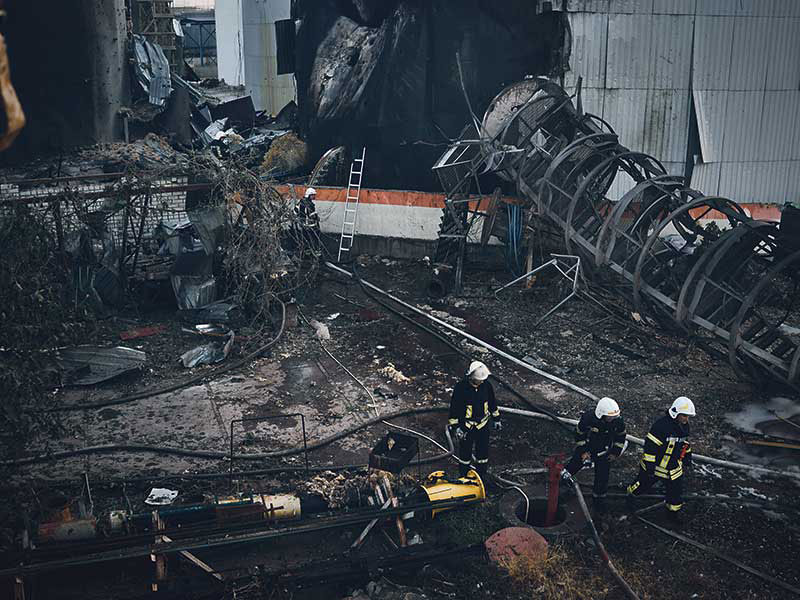
This article appears in the April 2023 issue of Investment Executive. Subscribe to the print edition, read the digital edition or read the articles online.
More than a year has passed since Russia invaded Ukraine, and the crisis has changed the landscape for ESG investing. Fund managers are rethinking their processes surrounding ESG risks, creating more dynamic approaches and keeping geopolitical risks top of mind.
Oil prices soared following the invasion, leading energy stocks to outperform and some fund managers to adjust their strategies.
Martin Grosskopf, vice-president, portfolio manager and director of sustainable investing with AGF Investments Inc. in Toronto, said some ESG strategies “migrated” to keep up with their benchmarks.
“ESG strategies find a way to own more fossil-fuel exposure,” Grosskopf said. “You’ll find green funds that suddenly have more carbon intensity. That could come from companies that are supplying the fossil-fuel industry and have their own relative high-carbon intensity. That’s something that’s a little less known in the marketplace: where you’re adopting more energy intensity to keep up with the benchmark.”
Greg Taylor, chief investment officer with Purpose Investments Inc. in Toronto, said the war in Ukraine shows that ESG is still a relatively young concept that will evolve as the world changes.
“With these more recent events, we’ve shifted away from just the black and white of commodities to be more all-encompassing, and this will continue moving forward,” Taylor said.
As energy prices soared last year, many governments introduced policies to protect consumers. Policymakers found intervening in domestic economies easier, said Aaron White, vice-president of sustainable investments with CIBC Asset Management Inc. in Toronto. He pointed to the Inflation Reduction Act in the U.S., Japan’s GX Green Transformation Policy and REPowerEU in Europe.
The EU aims to eliminate reliance on Russian fossil fuels by 2027, White said, and to double renewables production from 2022 levels by 2030. The region also will focus on improving energy efficiency. “This will present positive momentum for the shift to a low-carbon economy globally,” he said.
High oil prices have also created a case for cleaner energy sources, including liquefied natural gas (LNG). “It’s very flexible and the U.S. has been shipping a lot of LNG to Europe to fulfill their reserves that Russia didn’t want to fulfil,” said Francis Sabourin, portfolio manager and investment advisor with Richardson Wealth Ltd. in Montreal.
Investors also are looking closer at the social and governance aspects of energy sources, Taylor said.
“We expect to see commodities from different regions being treated differently,” he said. “[For example,] oil coming from Alberta should be looked at as better than from Venezuela.”
More broadly, geopolitical risk is once again a significant variable for investors. Oil and gas companies that were operating in Russia faced major writedowns and some simply exited, including Shell PLC and ExxonMobil Corp.
“The [situation is causing] companies to reinvest in North America and work with closer neighbours,” Taylor said. “No one wants to rely upon supply chains that are risky and could be shut down overnight [due to] some geopolitical headlines.”
That means monitoring exposure to other countries, including China. “It doesn’t mean completely avoiding [China], but seeing how quickly the world turned on Russia, it’s a risk that needs to be accounted for,” Taylor said.
Purpose divested all its Russian holdings by the end of February 2022, and formed a coalition of asset managers encouraging others to do the same.
“When the invasion happened last year, we were looking at the whole crux of ESG, including the social aspect,” Taylor said. “It’s all about helping allocate capital toward companies that are doing better, and trying to do the right thing.”